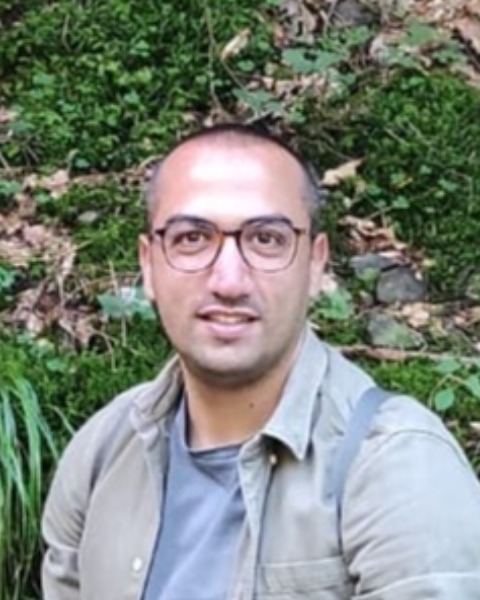Back
Member Symposium
Biological Control of Major Invasive Pests: Achievements and Current Development
Biological control of invasive ambrosia beetles of the genus Xylosandrus
Wednesday, November 16, 2022
3:50 PM – 4:05 PM PT
Location: Vancouver Convention Centre, Meeting Room 207

Antonio Gugliuzzo
PhD Student
University of Catania
Catania, Sicilia, Italy- AB
Antonio Biondi
Professor
University of Catania
Catania, Sicilia, Italy
Presenting Author(s)
Co-Author(s)
Xylosandrus ambrosia beetles are economically relevant alien insect pests owing to their impact on different agricultural, urban, ornamental and forest contexts. Xylosandrus compactus, X. crassiusculus and X. germanus are among the most harmful invasive pests of this genus and are currently establishing outside their native range. Attempts to implement conventional pest control methods, such as the use of synthetic and bioinsecticides, have shown ineffective or inconsistent results against Xylosandrus species, mainly because of their cryptic behavior. Very little information is available on their natural enemies, mainly generalist predators, and extensive efforts are needed to characterize the potential natural enemy complex in their native ranges. On the other hand, biological control approaches based on the alteration of the ambrosia beetle mycobiome by means of mycoparasitic fungi or antagonistic bacteria have recently shown promising results. The use of entomopathogenic fungi deserves also to be further explored. Indeed, early studies suggest the need of finding species-specific strains showing higher virulence against the target pest. Future research and extension efforts toward Xylosandrus ambrosia beetles are expected in the next years.

